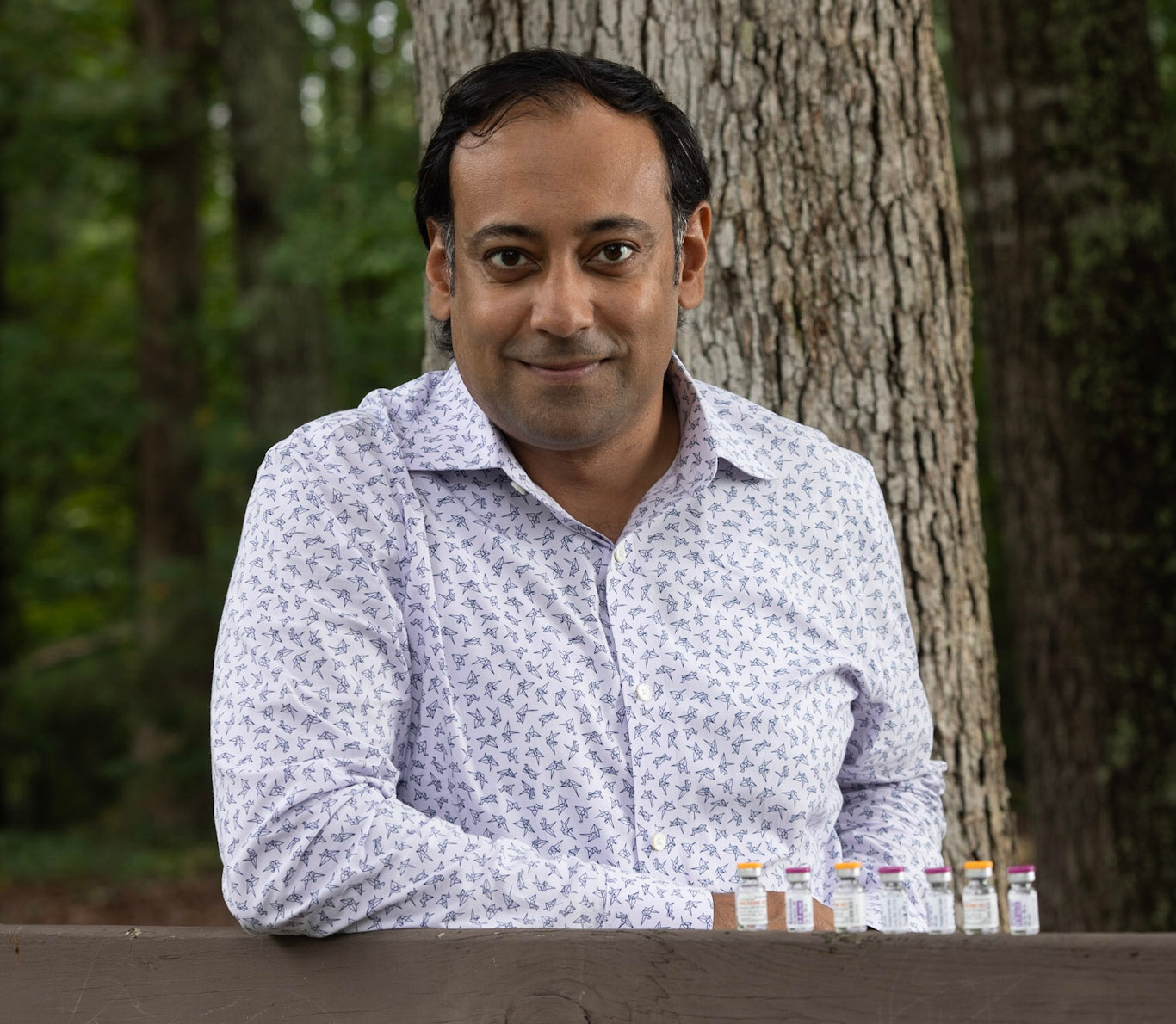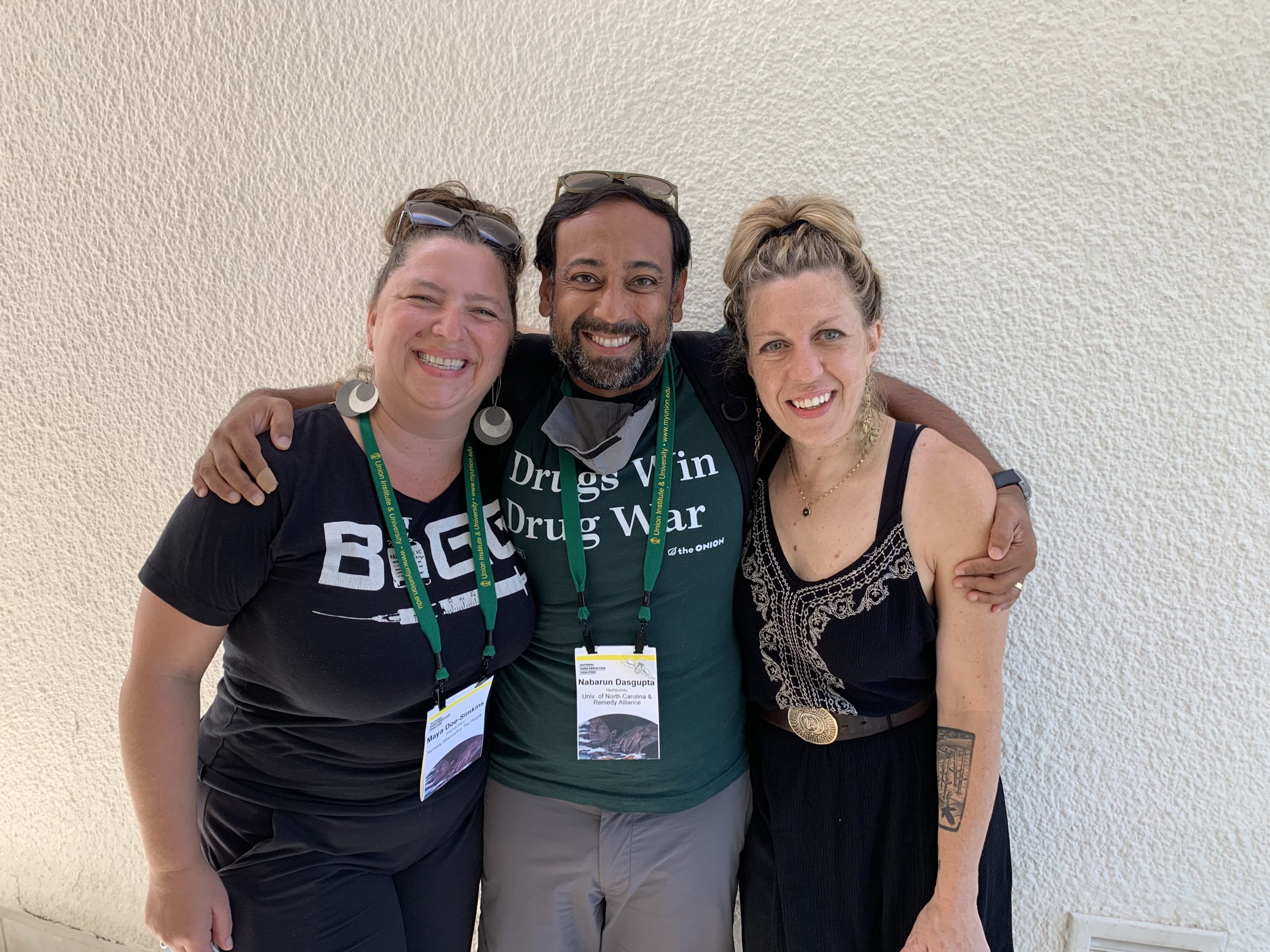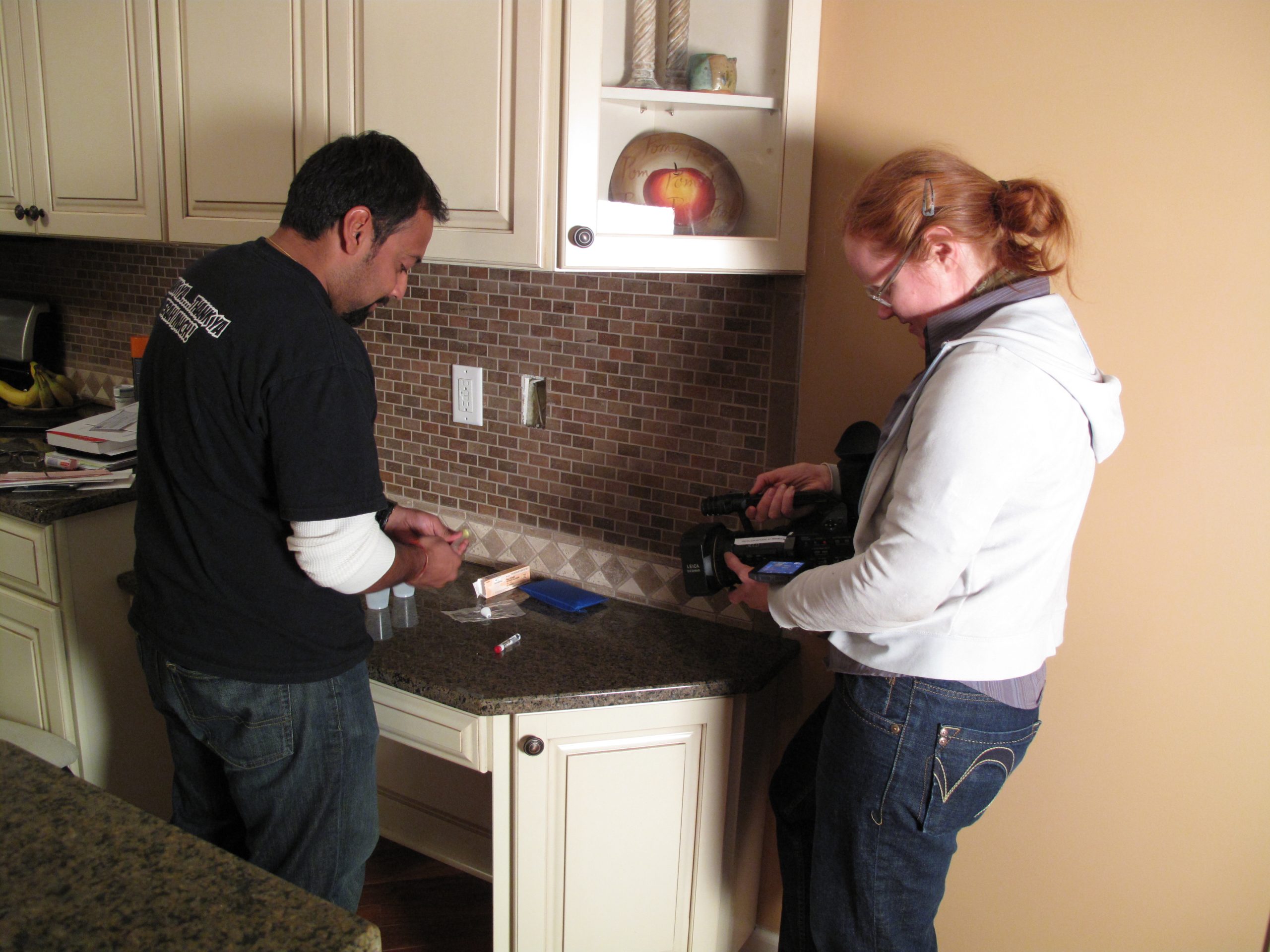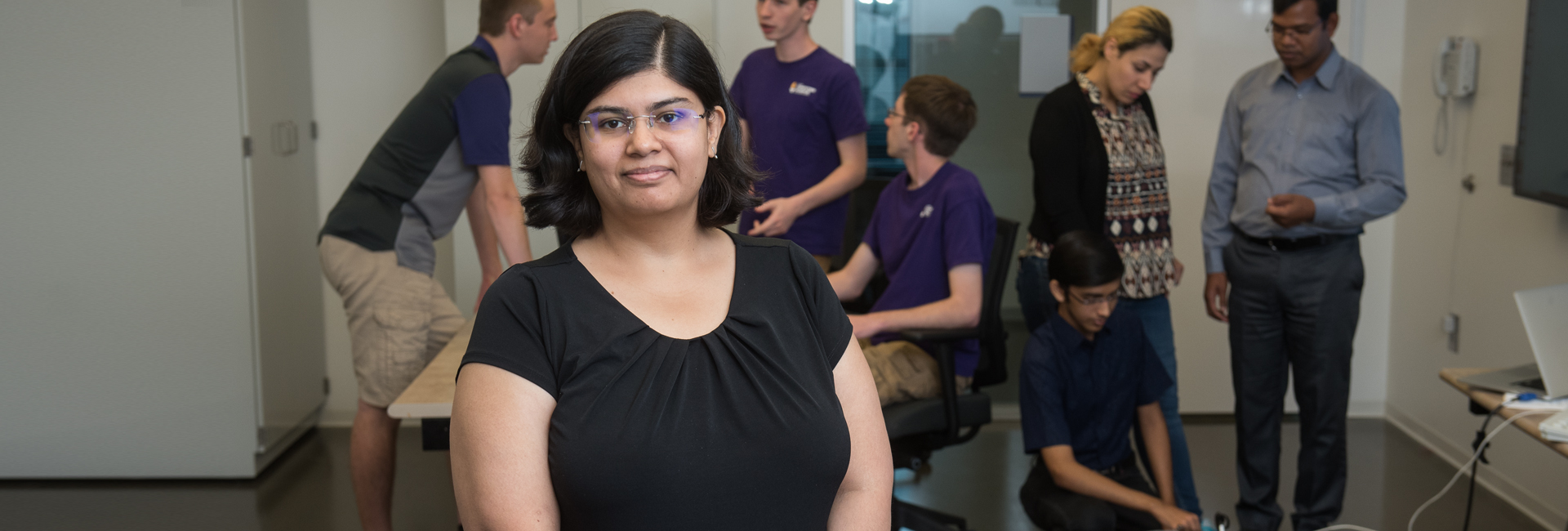(September 20, 2023) It was the year 2002, a time when a surge of federal funding was being channelled toward the battle against terrorism. Amidst this, Indian American researcher Nabarun Dasgupta, then a student pursuing a master’s degree in public health at Yale University, found himself on the hunt for a summer internship. Little did he know that government agents would soon approach him with a unique proposition: an opportunity to be part of a specialised team preparing for the unlikely but chilling prospect of a bioterrorist threat – in the heart of Wyoming.

Dr. Nabarun Dasgupta
“To be honest, I didn’t think Wyoming was a real target for bioterrorism,” the researcher said in an interview, “So I started to look for a place where I could make a more immediate impact.” Since then, Dr. Dasgupta’s keen focus has been on exploring the synergies between informal information sources and conventional public health surveillance to enhance the development of resilient drug safety treatments and solutions.
Over the moon to be on #TIME100Next list of emerging leaders globally. Amazing company to keep! So much love to teams @RemedyAlliance @UNC who make the #harmreduction and science happen. https://t.co/FX9eB5nTT7@ejwheeler9 @UNCpublichealth @UNC_IPRC @TIME @TaraLaw27 pic.twitter.com/0NsDzmcnWq
— Dr. Nabarun Dasgupta (@nabarund) September 13, 2023
And after working in the field of drug safety for years, Dr Dasgupta, now a senior scientist at the University of North Carolina Injury Prevention Research Center, and an Innovation Fellow at the University of North Carolina’s Gillings School of Global Public Health, recently got recognised on the ‘Time 100 Next 2023,’ a list of rising leaders “for shaping the future and defining the next generation of leadership.” An elated Dr. Dasgupta took to Twitter to share the news and wrote, “I’m delighted to be selected as part of the Time100 Next cohort. While this may appear to be a singular honor, I am humbled to highlight the compassionate heroes who care for our loved ones and offer practical solutions (sic).”
A journey for the people
An alumnus of the prestigious Princeton University, the Indian-American researcher became aware of the rising issue of drug overdose in the United States of America when he was in his late teens. His calling came, unfortunately, after losing a very close friend to this epidemic. “So I was working in a cardboard box factory in Maine, and it was between my college and grad school, and I saw people using OxyContin to be able to function at their job. At the same time, I had friends from high school who were using OxyContin in ways that you know, made them more at risk and were causing all sorts of problems in their life.” the researcher said, adding, “When I got to grad school, I had to do an internship and ended up going back to Maine and studying OxyContin and heroin as a problem, and ended up losing a friend of mine to an overdose. And it was at that point that I realised this was a real thing. That was around 2002. And so for the last 20 years almost, this has been my focus, to prevent overdose deaths.”

Dr. Dasgupta with his team
After completing his Master’s from Yale University, the researcher was hired by Purdue Pharma to spearhead their epidemiological initiatives. The task proved to be captivating, immersing Dr. Dasgupta in an in-depth analysis of the impacts of OxyContin and various other opioid medications. Their collective goal was to enhance both physician and patient education and information, to address addiction issues and mitigate overdose incidents. In the course of his work, the researcher also delved into the realm of highly effective antidotes for overdose emergencies. “If administered in time, naloxone [the antidote] reverses the effects of most opioid overdoses,” he said, “It is also relatively safe. For instance, if an overdose is suspected but in reality hasn’t happened, administering naloxone won’t harm the patient.”
Giving back to the community
For nearly four years, the team dedicated their efforts tirelessly to tackle the issue. Unfortunately, shortly after the drug lost its patent protection and transitioned to generic status, the company made the difficult decision to dissolve the group. In search of the next chapter in his career, Dr. Dasgupta embarked on a journey of applying to doctoral programs. As he secured admission to UNC, a senior colleague from his former group, Dr. Curtis Wright, took him aside for a conversation.
“Dr. Wright had spent much of his career in the Navy and the Food and Drug Administration,” the researcher mentioned, “He told me, ‘Nab, you went to great private schools, but attending a public university involves something different. The people of North Carolina are giving up resources and opportunities just to educate you. Your tuition does not repay that debt. It is your responsibility to find ways to give back to that state.’ To be honest, I never thought of my education in this way, but I took it to heart, and when I got to Chapel Hill, I was determined to do just that.”

Dr. Dasgupta assembling overdosing prevention kits in Wilkes County, North Carolina
Soon, the researcher started working on the drug overuse issue – which, at the time, was claiming about 47 deaths per 100,000 people in a single county of North Carolina alone. And that’s how Project Lazarus came to be established. “Project Lazarus is a nonprofit that we started in the Appalachian foothills of western North Carolina. It is this comprehensive, community-based programme that works to help people who have pain conditions and help people who have an addiction get treatment and prevent overdose deaths,” explained the researcher, whose efforts were able to drop the drug overdose death rate in the country by 69 percent over three years.
But he didn’t stop his work just at that. Over the years, Dr. Dasgupta has analysed several samples submitted by public health programs in his laboratory, to determine the composition of illicit street drugs. Additionally, his team provides vital support to experts working on harm reduction strategies and offers educational resources to inform community members about the risks of drug overdose. Since 2021, the lab has examined drug samples sourced from 32 different states.
In the year 2022, Dasgupta took a pioneering step by co-founding the non-profit organization known as the Remedy Alliance For The People. This organisation operates as a major distributor of naloxone, the opioid reversal drug. To date, they have successfully shipped over 1.6 million free and low-cost doses of naloxone to 44 states, making a significant impact in combatting opioid-related emergencies.




